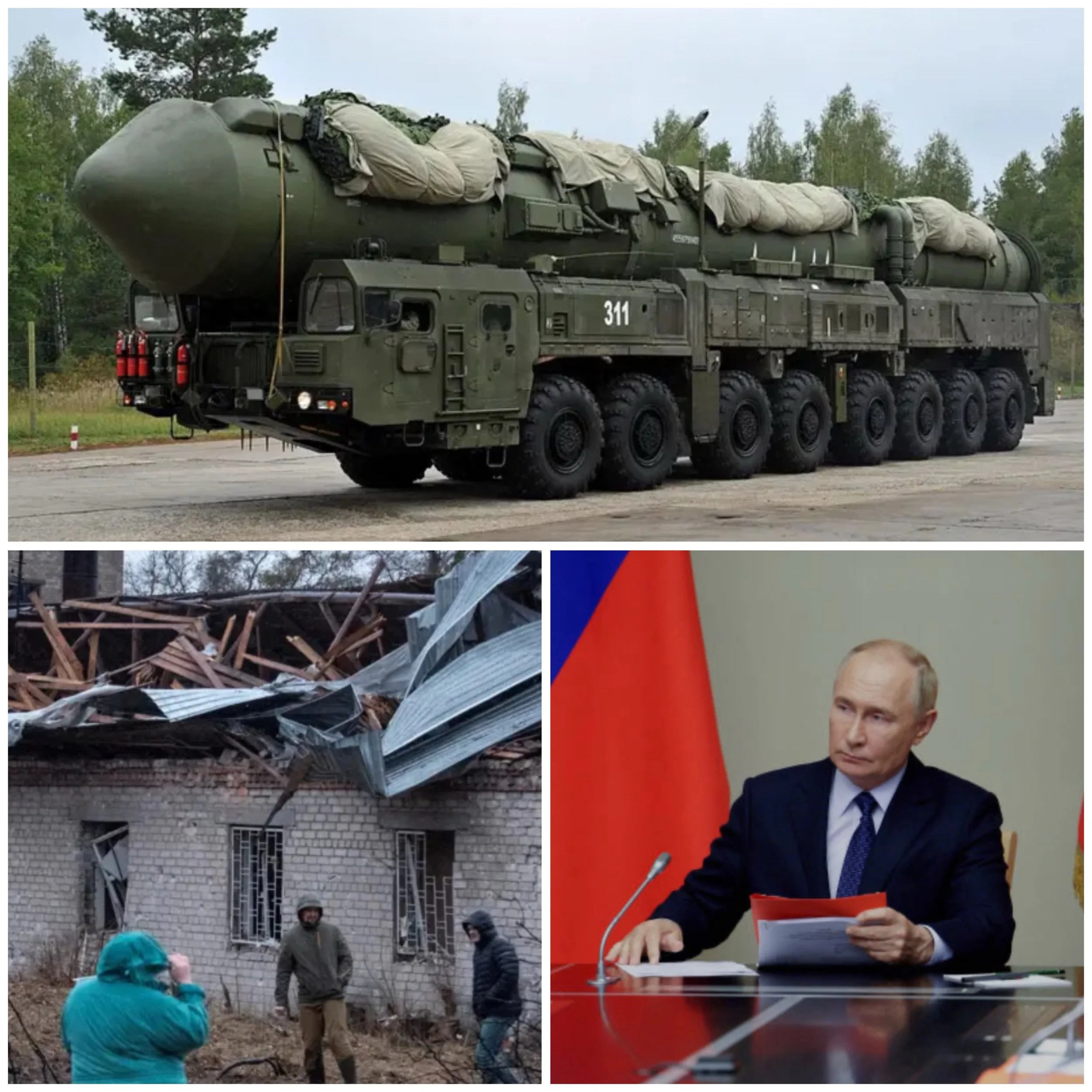Netanyahu attacks his own military for compromising security of the state
Introduction
Israeli Prime Minister Benjamin Netanyahu has recently faced significant backlash regarding his handling of national security, particularly following the dismissal of Defense Minister Yoav Gallant. This decision has sparked protests and raised concerns about the stability of Israel’s military strategy amid ongoing conflicts in Gaza and Lebanon.
Context of the Dismissal
Netanyahu cited a “crisis of trust” as the reason for Gallant’s dismissal, stating that their relationship had deteriorated over time, particularly regarding military strategies and negotiations related to the ongoing war with Hamas. Gallant had advocated for a more pragmatic approach, suggesting that military actions should be coupled with diplomatic efforts to secure the release of hostages held by Hamas. This stance was in direct contrast to Netanyahu’s call for continued military pressure without pause for negotiations.
Gallant’s removal was not merely a personal conflict; it reflected broader tensions within Netanyahu’s government, which is heavily influenced by far-right factions. These factions have criticized Gallant for his more moderate views and have celebrated his ousting as a victory for their hardline policies.
Netanyahu’s Criticism of Military Leadership
In addition to firing Gallant, Netanyahu has publicly criticized elements within the Israeli military for compromising national security. He has accused military leaders of allowing dissent and public disagreements to become known to Israel’s enemies, potentially undermining strategic advantages. This criticism comes in the wake of a leaked document scandal involving one of his aides, which further highlights tensions between political leadership and military operations.
Netanyahu has framed these issues as part of a broader narrative where he claims that political opponents are attempting to weaken Israel during a time of war. He argues that criticisms aimed at his administration are politically motivated rather than genuine concerns for national security.
Public Reaction and Implications
The dismissal of Gallant has led to widespread protests across Israel, with many citizens expressing concern that Netanyahu’s actions are jeopardizing the country’s security. Advocacy groups representing families of hostages have condemned the government’s approach to negotiations, asserting that political maneuvering is taking precedence over effective strategies to secure hostages’ release.
Critics argue that Netanyahu’s focus on consolidating power within his government may lead to further instability in Israel’s defense strategy. The ongoing conflict has resulted in significant casualties and humanitarian crises, raising questions about the long-term implications of Netanyahu’s leadership style and decisions during this critical period.
Conclusion
Netanyahu’s recent actions against his own military leadership reflect deepening fractures within his government and raise serious questions about Israel’s strategic direction amid ongoing conflicts. The situation remains fluid, with potential ramifications for both domestic politics and national security.






